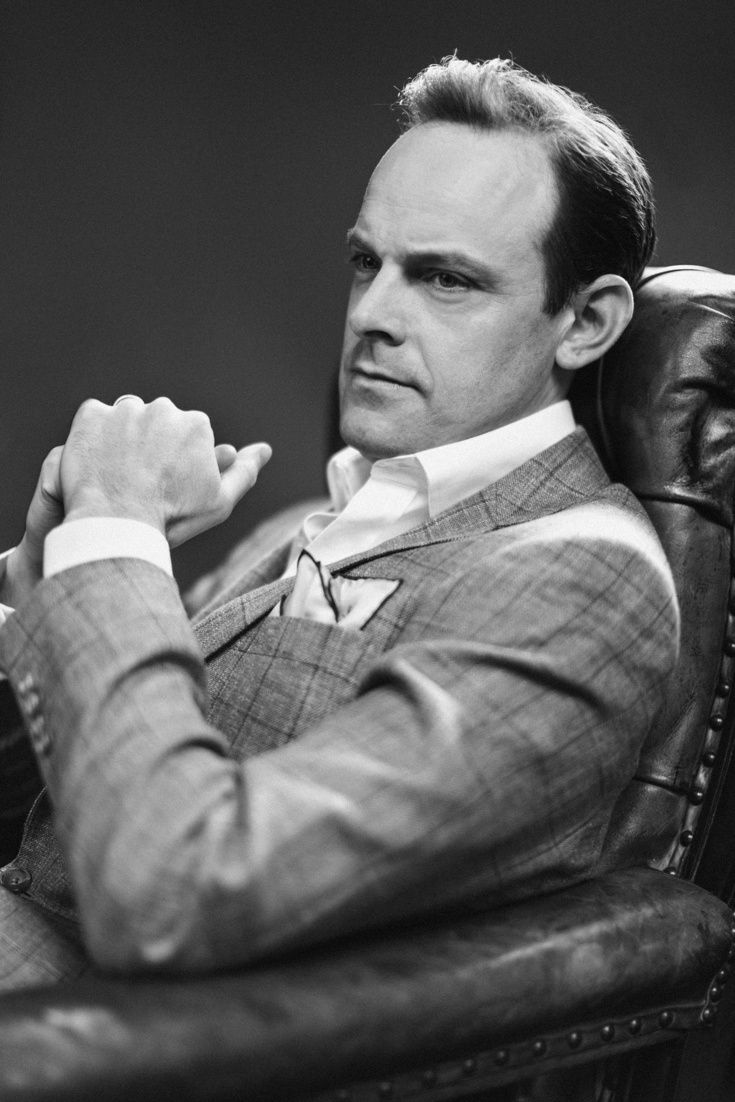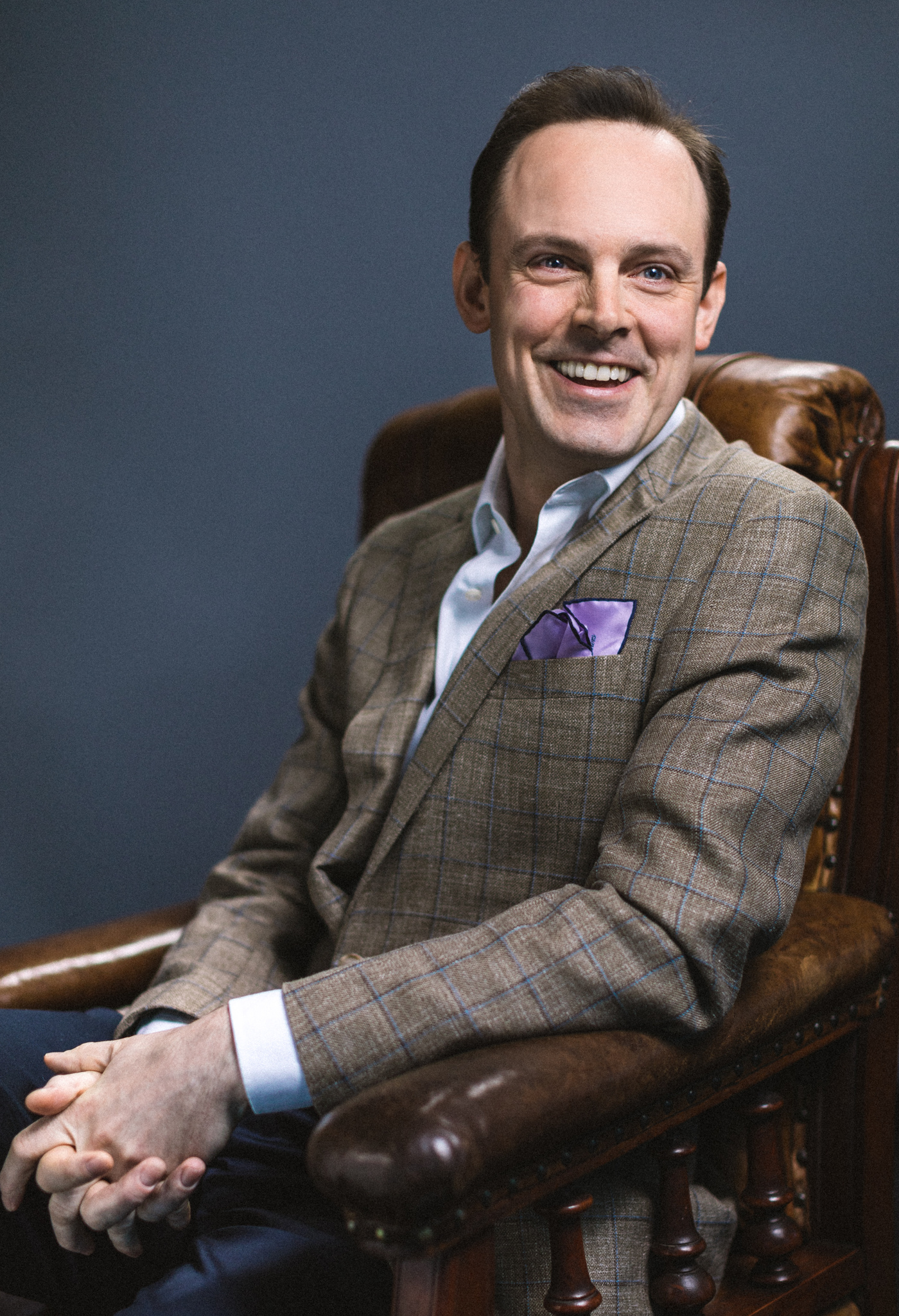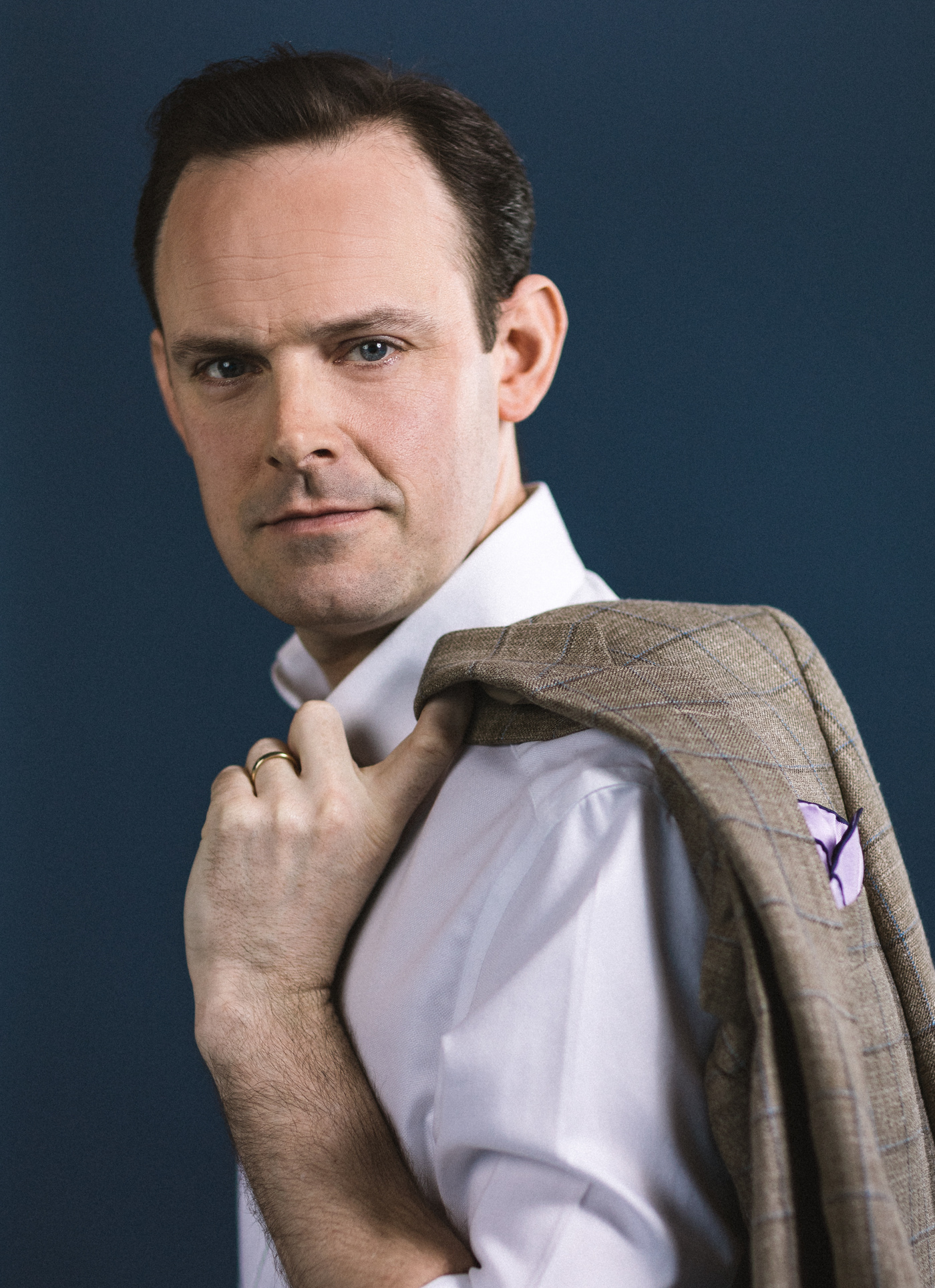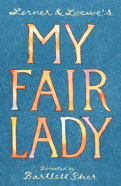My Fair Lady’s Harry Hadden-Paton on Revealing His Boy-Band Past & Making Over Eliza Doolittle in the Age of #MeToo


(Photos: Emilio Madrid-Kuser)
Harry Hadden-Paton may be making his Broadway debut as phonetics professor Henry Higgins in the new Broadway revival of My Fair Lady, but he is familiar to any TV-watching Anglophile worth his or her salt. Not only is he the man who (finally!) gave Lady Edith a happy ending on Downton Abbey, he’s also the Queen’s favorite private secretary on the uber-bingeworthy The Crown. Hadden-Paton has a plethora of U.K. stage credits to his name (Flare Path, She Stoops to Conquer, The Prince of Homburg and many more), but the list is (very) light on musicals. No worries, though: the actor got his start singing on stage and is looking forward to making a splash on the Great White Way in the Lincoln Center Theater revival.
Boy Band Dreams
Hadden-Paton found his way to theater through singing. “I was a choir boy at school, then when the choir became less cool, I became a kind of rock star in my own world.” He’s only half-kidding about being a rock star—he was part of a wannabe boy band: “It was called Spunk, and the school wasn't happy with the name. They made us change the name from ‘Spunk’ to ‘Squirt.’ I took it more seriously than anyone else because I genuinely thought this might be a career. We got dressed up in singlets and combats with overalls tied around the waist. We sang things like Ant & Dec—they're a British institution who are TV presenters, but when they were about eighteen were a pop duo. We did East 17, Backstreet Boys, a bit of ‘Larger than Life,’ something from the soundtrack of Space Jam. Remember that movie? [Laughs.] And Cotton-Eyed Joe. The quality was not good, but we were having fun. We were asked to do a gig in London by some friend who was doing a charity night, so there is footage of it somewhere.”
Finding His Tribe
While studying French and Spanish at Durham University, Hadden-Paton says he spent a lot of time “getting unfit and drinking too much beer.” Then in his first term, he saw a poster for West Side Story. He auditioned and landed the part of Riff. “I kept doing [theater], but it wasn't really until I left Durham that I thought, ‘What the hell am I going to do now?’ I thought there might be a career in acting because I had other friends doing it. Funny enough, the guy who played Tony in that West Side Story went on to the same drama school as me and we're godparents to each other's children. He was going to LAMDA [London Academy of Music & Dramatic Art], and I said, 'Well, I'm going to have a go.' It was after about two days at drama school that I thought, 'OK, I'm going to stay. This is it. This is where I'm meant to be.' I'd found my clan.”

The Perfect Mug
The actor’s time studying languages in college paid off when he landed his first big-screen role in La Vie en Rose opposite Marion Cotillard. “I had to do lines in an American accent in French, and I don't know how many actors in London could do that,” he says. His studies also helped him to relate to Henry Higgins in My Fair Lady: “I am anal about language, and I weirdly care about grammar. My wife saw a mug somewhere that says, ‘I'm silently correcting your grammar.’ I think that is perfect thing for me.” In what other ways does Hadden-Paton relate to Higgins? “I hope I understand emotions a bit better than he does—and women. I also like to burst into song occasionally, but that's about it.”
No Heartbreak
Hadden-Paton says he did imagine himself in a Broadway musical one day…“but not this one,” he laughs. “When the audition came up, I thought, ‘Oh, great!’ Then I thought, ‘Oh, this is a f*cking waste of time.’ In my head, this is Rex Harrison and Jonathan Pryce, who are all a lot older than me. I literally said [to his agent], 'Do I have to do this? Because I'm just going to be heartbroken.' And she said, 'Well, just do your best because I think they are going younger.’” The audition was an hour, surprisingly long for Broadway. “Within two minutes, I sort of fell in love with [director Bartlett Sher] because it didn't feel like an audition. It felt like the first day of rehearsals.”
Mansplaining
My Fair Lady with its unrepentant makeover may seem like an unsavory choice—its great score notwithstanding. “The way a play is seen is completely dependent on the circumstances and the world in which it is received,” Hadden-Paton says about bringing the revival to 2018 audiences. “Although [Pygmalion (the musical’s source material) playwright] Bernard Shaw had strong opinions about class and gender equality and marriage, I think it's really our job to ask the questions. And for people to come out and question themselves and what they think of it and what they make of it—I think that's really what we're about.”
Consulting the Oracle
Downton Abbey, The Crown and My Fair Lady are all set in the (relatively short) Edwardian era. Does this make Hadden-Paton a maven on the time period? “I thought I was,” he laughs. “We had this amazing lady come in and do a talk for us. It started as an hour, and it went on and on because it was the most fascinating thing we'd ever heard. And when you do these TV shows, you kind of just get told what to do. Or you ask—and then you stop thinking what to ask. You do a bit of research, but on Downton there's the Oracle [Alastair Bruce], as he calls himself, who is there on set every day and makes sure you're standing correctly and your hands are out of your pocket and you're not holding your cutlery in the wrong way and all that. And the same goes for The Crown: Major David [Rankin-Hunt] came and kept an eye on things. So, it's tricky. Fortunately, our oracle on this is Dame Diana Rigg. I defer to her every time.”


